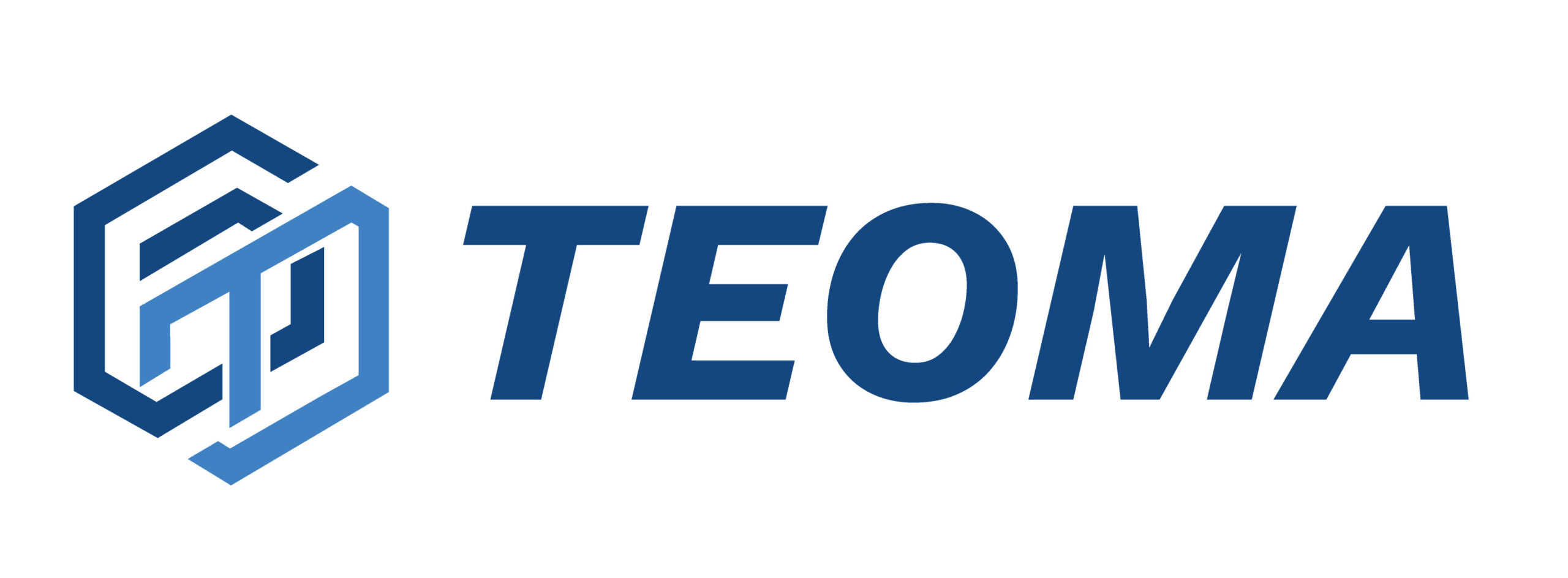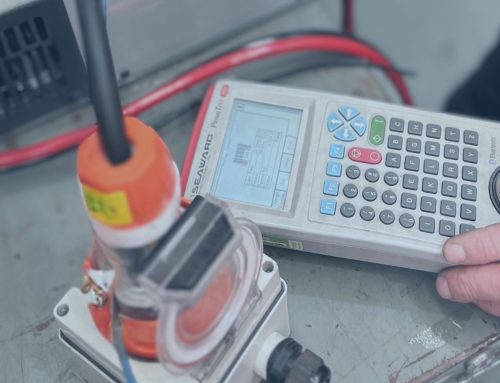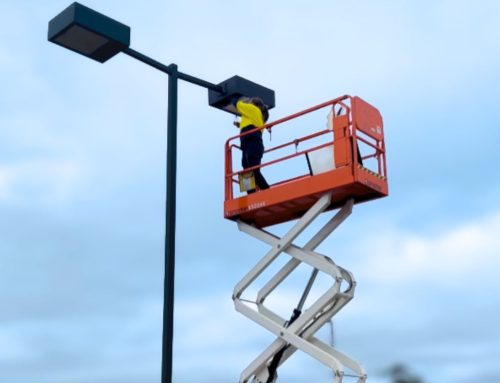Electrical conduit plays a crucial role in the construction industry, providing protection, organisation, and routing for electrical wiring. Crafted from materials such as metal, plastic, fibre or fired clay, conduits serve as durable channels to safeguard wiring integrity. While rigid conduits are commonly favoured for their durability, flexible variants offer versatility in navigating confined spaces.
Why is conduit used in electrical wiring?
Conduit installation in Melbourne yields a number of benefits:
- It shields wires within a sturdy, enclosed tube, mitigating damage and exposure to hazardous conditions, thereby reducing the risk of shocks and fires.
- Conduits facilitate the organisation and routing of multiple wires within confined spaces, minimising clutter and enhancing aesthetics with various colour and size options.
- Conduit installation is straightforward and adaptable, ideal for both professional and DIY projects.
- Its superior longevity and durability compared to alternative wiring methods makes it a long-term cost saving for businesses.
Where is electrical conduit used?
In both residential and commercial settings, electrical conduit is a staple requirement for new wiring installations. Its usage is mandated wherever wires traverse walls, ceilings or floors, adhering to local building codes and standards such as the AS/NZS 2053.1:2001 Standard in Australia. Additionally, conduits are essential for safeguarding exposed cables from outdoor elements, ensuring sustained functionality.
What are the most common types of electrical conduit?
The selection of conduit type depends on the specific construction task. Various conduits cater to diverse needs, including:
Rigid metal conduit (RMC):
Preferred for its mechanical resilience, available in galvanised steel and stainless steel variants.

Electrical metallic tubing (EMT):
Lightweight and easy to install. Suitable for confined spaces.

Polyvinyl chloride conduit (PVC):
Widely used in Australia, renowned for its strength, durability, and flame-retardant properties.

Flexible metal conduit (FMC)
Ideal for projects requiring tight bends or obstacle navigation.
Fibreglass conduit (FGC):
Suited for harsh environments due to its fire resistance and corrosion resistance.

Galvanised rigid conduit (GRC):
Provides robust protection against mechanical damage.
Intermediate metal conduit (IMC):
Lightweight option for outdoor applications requiring extra protection.
Aluminium Conduit:
Resistant to corrosion, ideal for outdoor use.
Reinforced thermosetting resin conduit (RTRC):
Durable and corrosion-resistant, suitable for extreme environments.

Rigid nonmetallic conduit (RNC):
Constructed from plastic or fibreglass, versatile for indoor applications.
Conduit Installation in Melbourne
Teoma’s civil team specialises in electrical and communications trenching, conduit installation and cabling work. With extensive experience and a commitment to quality, our team ensures timely and budget-friendly completion of projects, whether for new infrastructure installations or repairs to existing systems.
Contact us today to get your project started!



